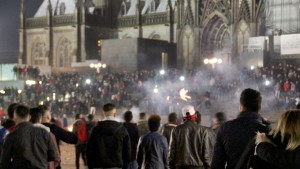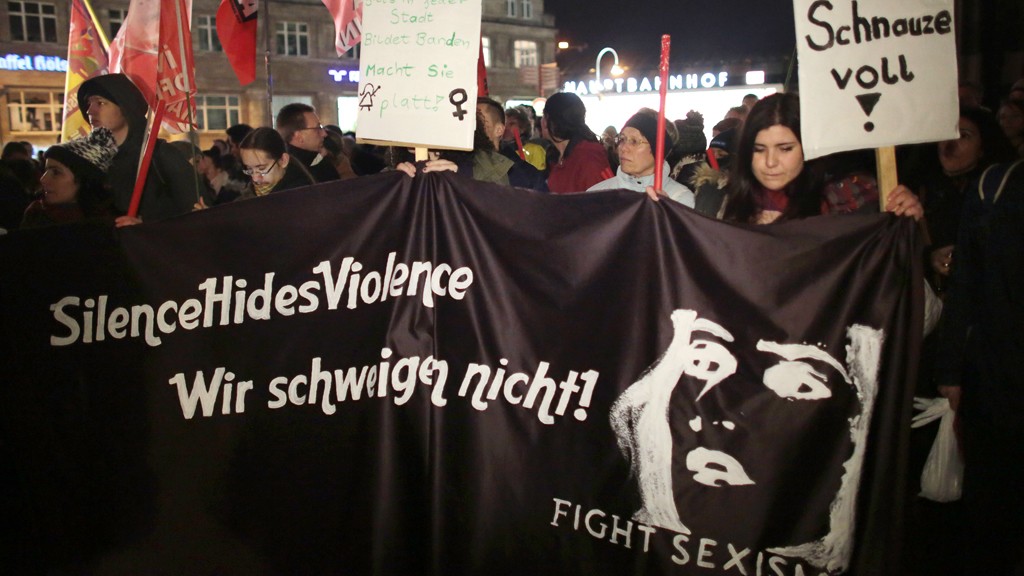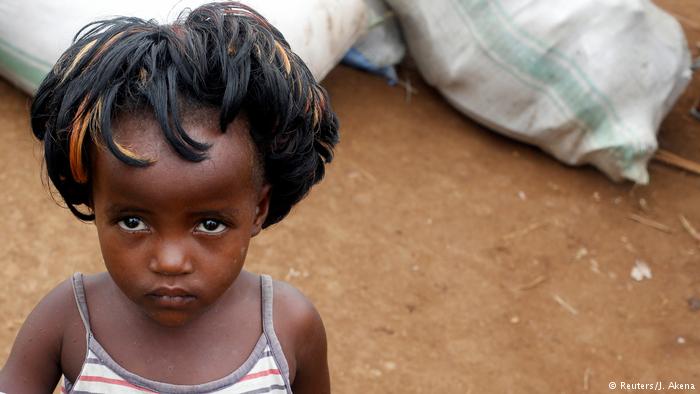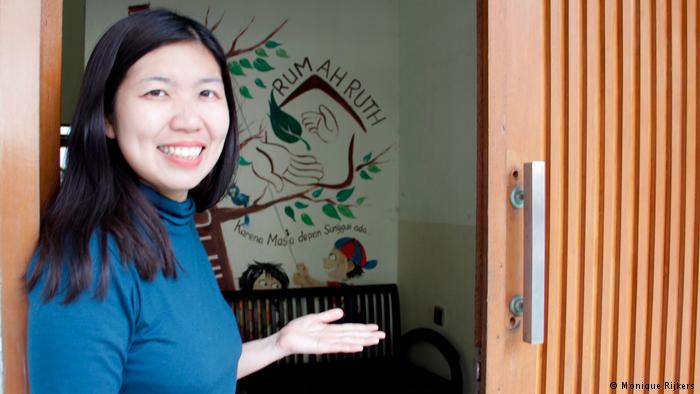Cologne – Can group dynamics lead to sexual violence?
On New Years’s Eve, hundreds of men sexually harassed women in public. How could this happen? What are the impacts of group dynamics in such a situation? Dr. Barbara Krahé, a social psychology professor, explains.
DW: Professor Krahé, were you surprised by the events in Cologne?
Yes, I must say, I was surprised. I was surprised particularly by the sheer scale of what happened there, the number of perpetrators and the number of victims. That is unusual for sexual aggression to happen on such a public scene and on such a level.
The scenes in Cologne were quite novel, because such a large number of men sexually harassed such a large number of women in a very public space with hundreds of eye witnesses and even the police present. Psychologically speaking, from what you have heard so far, would you say that theses attacks were planned and coordinated or would you say that it was just a spontaneous outburst?
It is difficult to tell. But one report I saw mentioned alcohol and the fact that many of the young men were under the influence of alcohol. And if this was the case it is unlikely that this was a planned, premeditated and coordinated event. This makes it more likely to be a case of what we in social psychology call ‘deindividuation’: people in large groups not monitoring their behavior like they do when they are on their own. To me this sounds more like a group dynamic that arose in this specific situation and then led to these behaviors.
How does this group dynamic work? What goes through the heads of men in such a group when these outbursts happen?
We’ve known for a long time that people’s behavior changes when they become immersed in large groups and their views of themselves change. And the concept of ‘deindividuation’ captures the idea that when we move in large groups we lose a sense of our individual identity, we don’t play by our own rules, we don’t follow our own normative believes, but we get carried away by what is the atmosphere in the group. And I think this helps to understand what may have gone on in Cologne and Hamburg.
Psychologically speaking is there any point where there’s a sort of barrier in the mind of a potential rapist, where he actually crosses the line?
I don’t think so. I think it’s more of a gradual process. I think people get more and more drawn into a situation where they observe other people harassing women, making this appear more common, more normal, more acceptable. And I don’t think that is a rational yes-or-no decision or that there is a clear-cut boundary. I think it is a gradual process at the end of which these men have done things that they maybe would not have done would they have been on their own.
Rape and sexual harassment is as old as mankind. Why do men do this?
Well there are many reasons why. Many go back to childhood experiences of violence in their family, including sexual abuse where they learn to associate sexuality and violence. Then we know that the norms in people’s peer groups, how acceptable they find sexually harassing behavior towards women, plays a role. Certain ideas about gender relations are clearly important. Also the view of women as objects of male gratification lowers the threshold for sexual violence. So to understand what makes men act in a sexually aggressive way toward women, we have to take many factors into account.
Which factors would you say promote sexual violence in modern society?

Cologne, December 31 2015, a large crowd between the central station and cathedral. © picture-alliance/dpa/M. Böhm
There is certainly something to be said about the role of pornography. Pornography often contains violence and pornography portrays a certain image of men’s sex drive and women’s willingness, including certain ideas that for example women always say ‘no’ to begin with and then with a bit of pressure they do enjoy it after all. So pornography portrays sexual interactions between men and women that may give rise to the idea that using force or harassment is acceptable and normal.
Online pornography is also very popular in sexually repressive countries. And the perpetrators in Cologne were described as young ethnic Arabs. Do you think there is any connection between ethnicity and sexual aggression? Are there any studies on this?
I would be very careful here, because there are very few studies and very often in these studies ethnicity is mixed up with other differences. When you compare ethnic Arabs with ethnic Germans, ethnicity is usually not the only thing that distinguishes between the two groups. There is very often a difference in level of education or a difference in gender role attitude, which may be a lot more important than ethnicity as such. So I don’t think there is any consistent evidence of a link between ethnicity and the proneness to sexual violence.
Listen to the complete interview with Barbara Krahé here
Barbara Krahé is Professor of Social Psychology at the University of Potsdam, Germany. Her research is focused on violence and aggression. For her studies on the social psychology of aggression, she was awarded the German Psychology Prize in 2015.
Author: Neil King/rk
Editor: Marjory Linardy
_____
WTO RECOMMENDS
Rights Group Documents Mass Rape in Darfur
The rights group Human Rights Watch says that more than 200 women and girls were raped by members of the Sudanese army in a 36-hour assault on the north Darfur town of Tabit beginning on October 30, 2014. DW spoke to Human Rights Watch spokesperson Leslie Lefkow. (From February 20, 2016)
Rape is a woman’s fault, says Bangladesh police
You will probably not believe this. It was hard for me to digest as well, but this police officer repeatedly said that girls should properly cover themselves to avoid being raped. He told this to a female journalist while sitting in a police station. (From November 27, 2014)
The 27th question : what is this ‘rape culture?’
Last week, an interesting post was doing the rounds in social media: 26 questions people from India are sick of answering. In the years I have been living abroad, I have been confronted with these questions over and over again. Do you speak ‘Hindu?’ Which caste do you belong to? But you actually pray to cows right? (From December 13, 2013)








